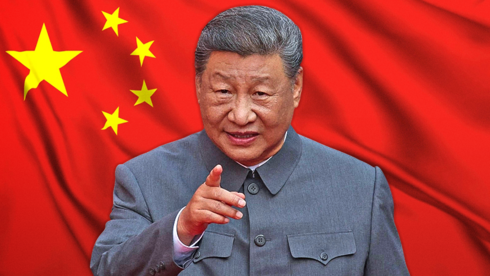In recent years, China has become one of the world’s most influential powers, extending its reach in global economics, technology, and security. Yet when it comes to its relationship with Israel, the picture is far more complex—and increasingly troubling.
For years, Israeli officials sought to keep tensions with Beijing below the radar. That changed when Prime Minister Benjamin Netanyahu publicly accused China of waging a “cognitive battle” against Israel, exposing simmering friction between the two nations.
5 View gallery
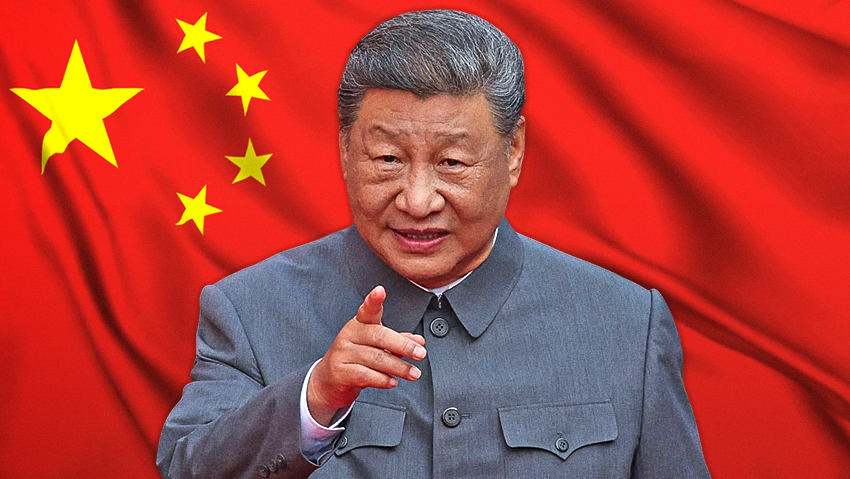

Xi Jinping
(Photo: Alexander Kazakov/ AFP, Shutterstock)
Behind the scenes, however, Israel had already allowed China to tighten its grip on key national assets. Over the past decade, Beijing acquired stakes and operating rights in critical infrastructure, despite repeated U.S. warnings and domestic security concerns.
Ports, surveillance, and strategic footholds
One of the clearest examples is the Bay Port in Haifa, operated by Chinese state-owned SIPG. Critics long argued that Beijing’s involvement in such infrastructure is not merely commercial but part of a wider strategic push.
“Critical infrastructure should never be in the hands of a foreign power with interests contrary to ours,” said Dr. Harel Menashri, head of cyber studies at Holon Institute of Technology and a former founding official of the Shin Bet’s cyber division. “On a day of reckoning, they could disrupt operations—or worse, access sensitive information.”
5 View gallery
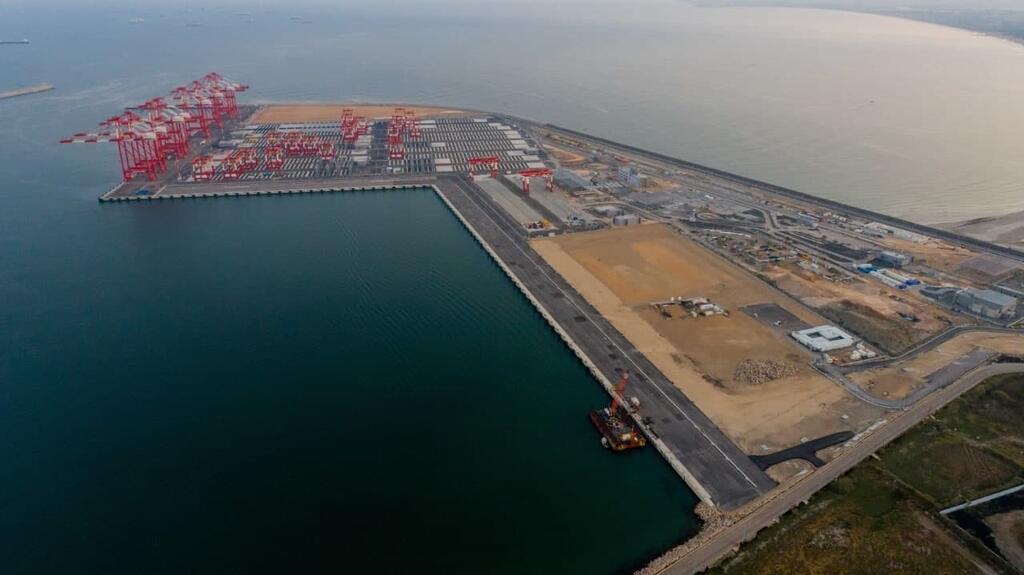

The SIPG Bayport
(Photo: Raanan Cohen)
China’s presence is not limited to ports. Cameras produced by a Chinese company blacklisted by the U.S. are installed in Israel’s “Hawk Eye” police surveillance system. Chinese firms have also been involved in Tel Aviv’s light rail project.
Warnings from senior Israeli officials—including former Shin Bet chief Nadav Argaman in 2019 and ex-military intelligence head Tamir Hayman in 2025—have gone largely unheeded. Both cautioned that China’s expanding footprint poses direct risks to national security.
5 View gallery
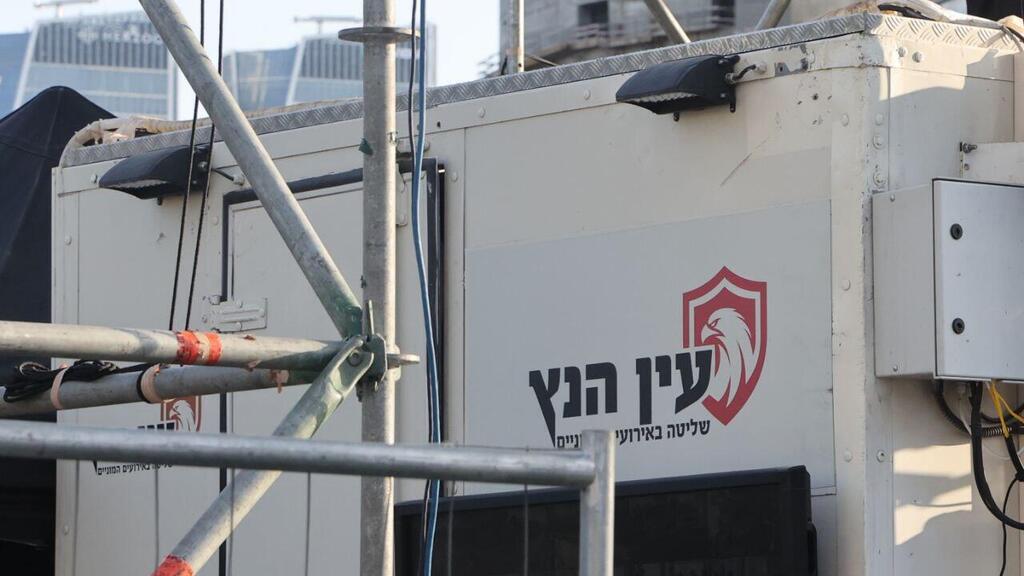

Israel’s Hawk Eye police surveillance system
(Photo: Moti Kimchi)
Beijing’s sharper tone and alignment with Iran
China’s stance toward Israel hardened dramatically after Hamas’s Oct. 7, 2023 attack and the ensuing Gaza war. Beijing blocked a UN Security Council resolution condemning Hamas, accused Israel of “collective punishment” and “forcible displacement,” and doubled down on pro-Palestinian rhetoric.
Investigations by The New York Times found China, Russia, and Iran coordinating propaganda campaigns in support of Hamas, including antisemitic and anti-American narratives online. Meanwhile, Israel’s exports to China fell 28% in the first half of 2025.
China’s ties to Iran underpin its position. The two countries signed a long-term military and economic pact in 2021, and in 2023 Beijing imported 91% of Iran’s oil exports, funneling billions into Tehran’s economy. China and Iran have also held joint naval drills with Russia. Israeli forces have since uncovered Chinese-made rifles, machine guns, and anti-tank weapons in Gaza, fueling fears that Beijing is helping Iran rebuild its missile defenses after Israeli airstrikes.
Academic influence and technology access
China’s influence extends beyond infrastructure and weapons. Through “Confucius Institutes” in universities—including Tel Aviv University and Hebrew University—Beijing promotes Chinese culture and language but is accused of using them for political influence and espionage.
5 View gallery
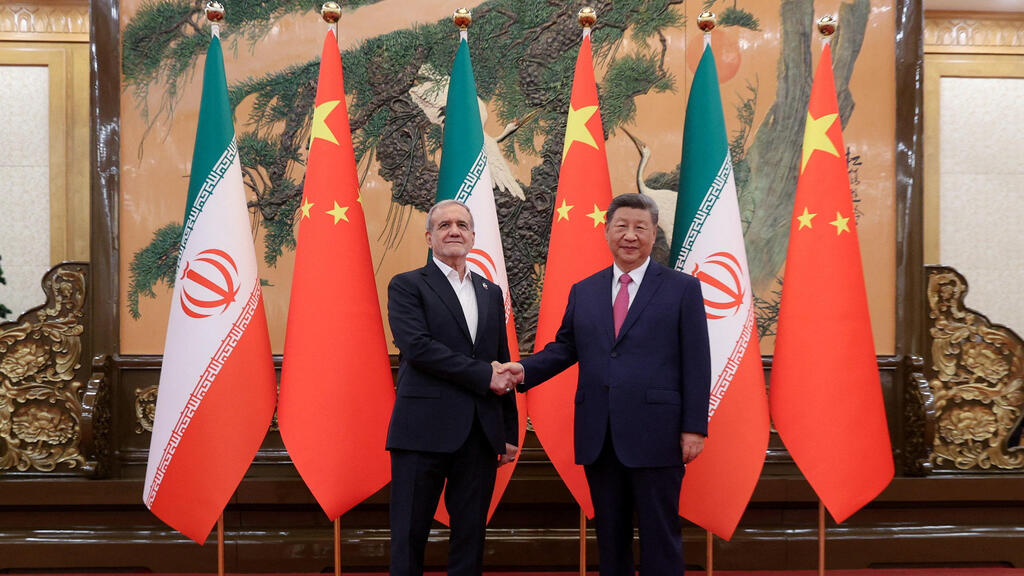

Iranian President Masoud Pezeshkian with Chinese President Xi Jinping in Beijing
(Photo: Iran’s Presidential website/WANA (West Asia News Agency)/ REUTERS )
Israel’s Technion also struck a deal with Chinese billionaire Li Ka-shing to open a branch campus in China in exchange for a $130 million donation, effectively granting China access to Israeli intellectual property.
Chinese cyber intrusions are another growing concern. Experts warn of “backdoors” embedded in products from companies like Huawei and ZTE, with Chinese law requiring firms to provide government access to source code.
“China attacks because it can—collecting technological, military, and political intelligence,” said Menashri.
TikTok, propaganda, and political pressure
On social media, TikTok has been flooded with anti-Israel content since the war began. “For every pro-Israel video, you’ll find 50 pro-Hamas ones,” Menashri said.
China’s assertiveness has spilled into Israeli politics as well. This week, Beijing’s embassy threatened MK Boaz Toporovsky after his visit to Taiwan, warning he would “shatter into pieces” if he crossed China’s “One China” policy. The embassy has also pressured Israeli media not to refer to Taiwan’s envoy as an ambassador, despite Taiwan’s strong expressions of solidarity with Israel since Oct. 7.
5 View gallery
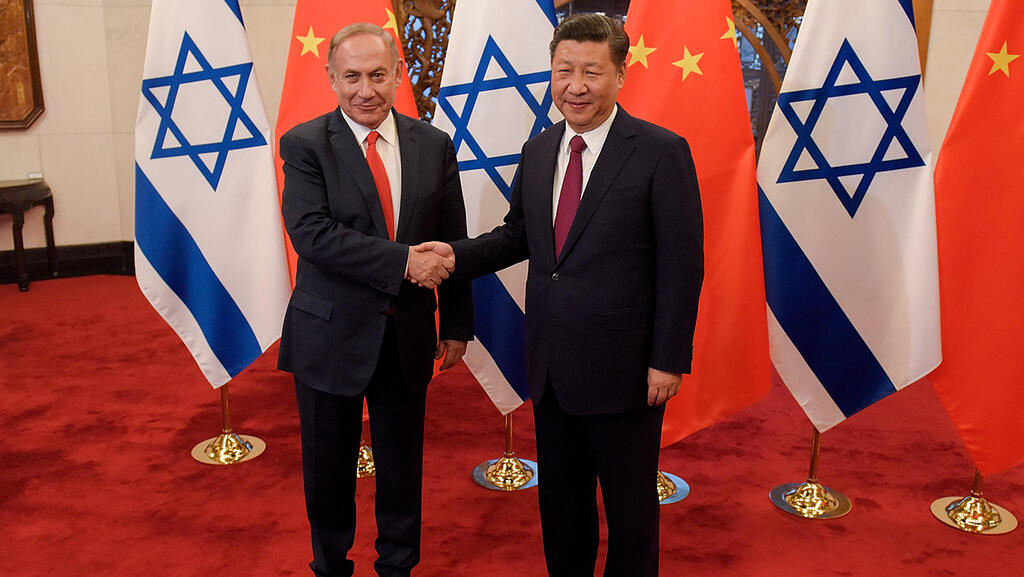

Benjamin Netanyahu and Xi Jinping back in 2017
(Photo: Getty Images)
Geopolitics and what Beijing wants
Analysts say China’s hostility toward Israel is primarily geopolitical. As America’s top rival, Beijing seeks to erode U.S. influence in the Middle East while strengthening its own ties with Arab states and Iran.
For China, Israel is both a threat and an opportunity: a strategic land bridge to the Mediterranean, a hub of advanced technology, and a lever for influence in the Muslim world. Beijing has invested in Israeli infrastructure and companies, from ports to food giants like Tnuva, creating economic dependencies while gaining access to sensitive data and innovation.
“Israel must wake up to the risks before it is too late,” Menashri warned. “China wants influence, but at the price of Israel’s security. It’s time to draw boundaries.”

